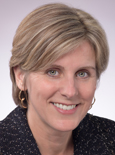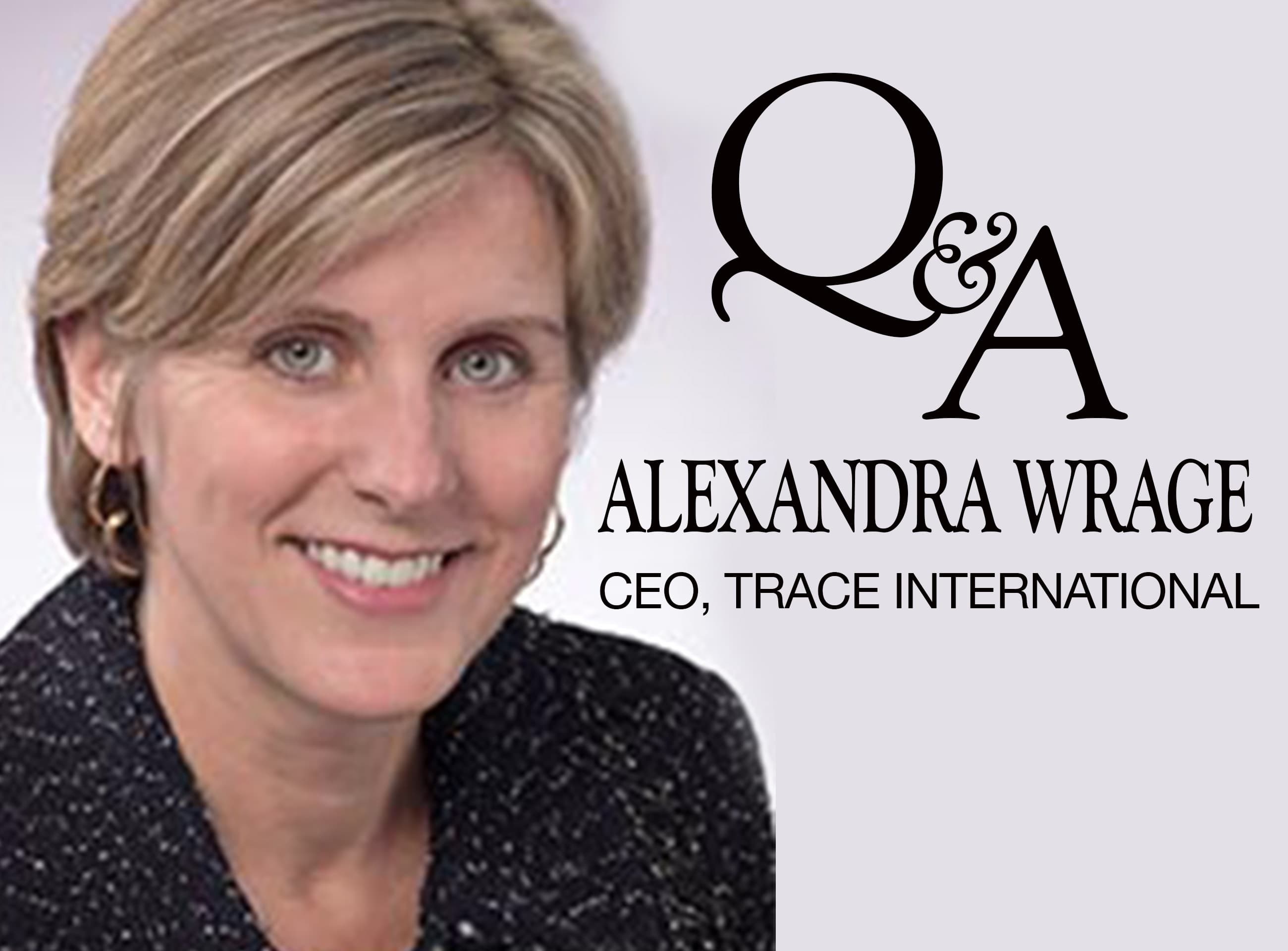Today we present an exclusive interview between Corporate Compliance Insights’ Founder and CEO, Maurice Gilbert, and Founder and President of TRACE International, Alexandra Wrage. TRACE International recently launched TRACEpublic, the world’s only global beneficial ownership register. Coming on the heels of the Panama Papers, TRACEpublic is a much-needed solution for companies hoping to perform more in-depth due diligence on the entities with which they do business. Alexandra tells us more.
Maurice Gilbert: How long has TRACEpublic been in the works? Recent headlines make the need for it apparent, but this is clearly something that takes time to develop.
Alexandra Wrage: For 15 years, TRACE has been collecting information about true beneficial ownership of privately held companies in all non-sanctioned countries as part of our due diligence process. Over the past six months, we have been refining our Third Party Management System (TPMS), where our due diligence reports are stored, to enable companies to make their beneficial ownership details available to the public, if they chose to. When the Panama Papers broke, we realized we needed to move fairly quickly to release TRACEpublic, which instantly became a very well-timed solution to calls for greater transparency. Since we already had the infrastructure, we simply had to contact companies already in our database and invite them to share their beneficial ownership information.
MG: We know TRACEpublic is different from current country-specific registries in that it is global in scope. Is it different in other ways as well?
AW: In addition to being global in scope (companies may share their ownership information regardless of country of headquarters), TRACEpublic is voluntary, which allows companies to make a strong statement in favor of disclosure and distance themselves from the reputational stigma of secret companies. While recognizing the benefits of government-mandated disclosure, we believe a voluntary initiative is more likely to shift norms globally. TRACEpublic is also very practical in that it provides multinational companies with a starting point for due diligence. After viewing a company’s ownership information, an entity can initiate a TRACE due diligence review.
MG: Thus far, what has been the biggest challenge in growing the registry?
AW: TRACE has completed due diligence on hundreds of thousands of SMEs worldwide. Many of these companies are in our Intermediary Database, a searchable database of pre‐vetted third parties available to partner with multinationals in every non-sanctioned country. As part of our due diligence process, these companies must disclose their beneficial ownership information. We initially populated the database by inviting these companies to participate. The next step is to encourage companies that may not be familiar with TRACE to use TRACEpublic to share their ownership information. This isn’t necessarily a challenge, but it’s an ongoing effort.
MG: Can any company list their beneficial ownership information in the database, and do they need to complete any TRACE due diligence?
AW: Any company can list their beneficial ownership information in the database. They do not need to complete TRACE due diligence to share their information. If they do wish to participate in TRACEpublic and are also interested in completing TRACEcertified due diligence, however, we will waive the $2,800 fee for the first year for companies that meet certain criteria.
MG: Is there a cost to share your beneficial ownership information or search the database?
AW: No, there is no cost to list ownership information in or to search the database. The database is funded exclusively by TRACE International, a 501(c)(6) nonprofit membership association organized under the laws of the District of Columbia (U.S.), which is funded primarily by membership fees. TRACE International has no relationship with, and has taken no funding from, any government organization for this (or any other) project.
MG: What percentage of companies have agreed to share their beneficial ownership information so far?
AW: Of the companies we have reached out to, 65 percent have agreed to share their ownership information, even without prompting from the business community.
MG: What is the long-term goal of TRACEpublic?
AW: Over time, we believe TRACEpublic will change expectations about transparency around ownership information. Disclosure of this kind will become a standard practice. As more companies voluntarily participate, the platform will shift norms in favor of disclosure until it actually becomes a routine requirement.

Alexandra Wrage is President and Founder of TRACE. She is the author of Bribery and Extortion: Undermining Business, Governments and Security, co-editor of “How to Pay a Bribe: Thinking Like a Criminal to Thwart Bribery Schemes” and the host of the training DVD Toxic Transactions: Bribery, Extortion and the High Price of Bad Business, produced by NBC. Ms. Wrage has written three compliance guidebooks and is a guest blogger for Corporate Counsel. She speaks frequently on topics of international law, anti-corruption initiatives and the hidden costs of corruption.
Ms. Wrage is a former member of FIFA’s Independent Governance Committee and served on the 2015 B20 Taskforce on Anti-Corruption, which drafted recommendations to G20 leaders for consideration in their global economic policies. She has held numerous committee positions, including Chair of the Anti-Corruption Committee of the ABA’s International Section and Chair of the International Legal Affairs Committee of the Association of Corporate Counsel, and she has participated in anti-bribery working groups with the OECD and UN Global Compact.
Ms. Wrage was named one of the 2016 “Maryland’s Top 100 Women” by The Daily Record, one of the “Canadians Changing the World” by the Toronto Globe & Mail and received the 2014 Women in Compliance “Lifetime Achievement Award for Service to the Compliance Industry.” Prior to founding TRACE, Ms. Wrage was international counsel at Northrop Grumman. Ms. Wrage, a Canadian, studied law at King’s College, Cambridge University.











